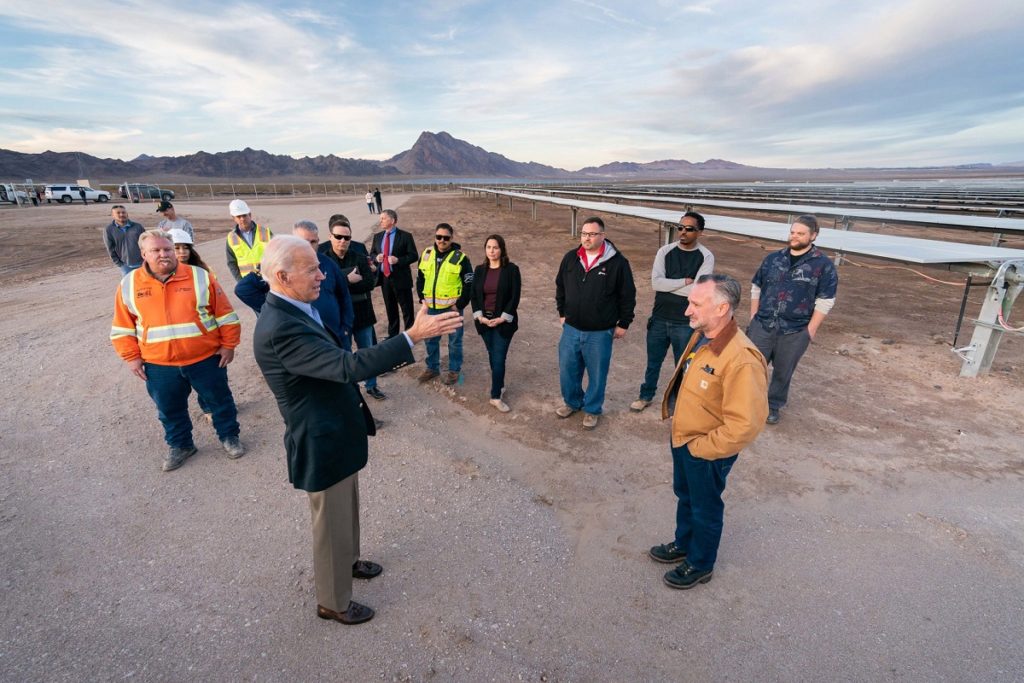
A proposed extension of the US solar investment tax credit (ITC) could increase PV deployment by more than 40% over the next decade, analysis by Wood Mackenzie has found.
Late last week Democrats in the House of Representatives unveiled an agreed-upon framework for the budget reconciliation bill which included a 10-year extension to the ITC at a rate of 30% despite speculation that the credit could be watered down during negotiations.
Unlock unlimited access for 12 whole months of distinctive global analysis
Photovoltaics International is now included.
- Regular insight and analysis of the industry’s biggest developments
- In-depth interviews with the industry’s leading figures
- Unlimited digital access to the PV Tech Power journal catalogue
- Unlimited digital access to the Photovoltaics International journal catalogue
- Access to more than 1,000 technical papers
- Discounts on Solar Media’s portfolio of events, in-person and virtual
While the proposals are yet to be pushed through, analysis conducted by research firm Wood Mackenzie found that the ITC extension could increase PV deployment in the US by 44% if applied to 2032 as planned.
Utility-scale solar in the US would experience the biggest uplift, witnessing an increase in deployment of 51%, while residential and non-residential distributed solar would see increases of 31% and 14% respectively.
In total, US solar deployment between now and 2030 could reach 432GWdc against a base case of 300GWdc if the proposals are enacted, Wood Mackenzie said.
The biggest benefits would be felt in the latter half of the decade, with existing supply chain constraints set to beset solar deployment in the near term. Wood Mackenzie has suggested that from 2025 an ITC extension would boost deployment capacity by more than 30% each year, almost doubling (+92%) deployment in 2030.
With the ITC boosting the cost competitiveness of solar PV, other barriers to deployment would become more pronounced, Wood Mackenzie said, citing grid interconnection as one hurdle in particular.
“While there are additional incentives for grid modernization and transmission capacity in both the infrastructure bill and budget reconciliation package, these projects take years to complete,” Sylvia Leyva Martinez, senior analyst at Wood Mackenzie, said.
The ITC alone would also be insufficient for solar to reach the level of generating capacity required to meet US President Joe Biden’s goal of deriving 80% of the country’s power from carbon-free sources by the end of the decade. Indeed, despite the uplift, total solar generating capacity would reach around 528GWdc by 2030, far short of the 714GWdc target set within the US Department of Energy’s Solar Futures Study.
Greater deployment of energy storage and enhanced grid infrastructure – at both the transmission and distribution level – are required to lift the shackles from solar deployment.







